-
×
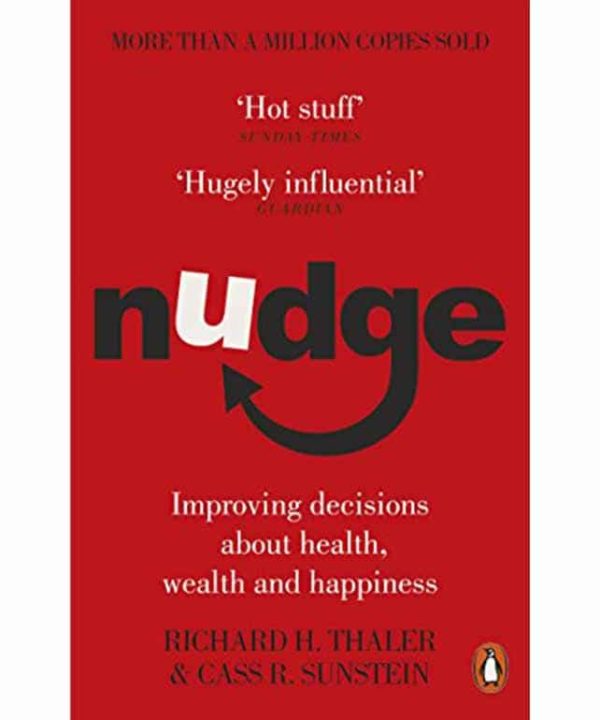 Nudge: Improving Decisions About Health, Wealth, and Happiness
1 × ₦16,500.00
Nudge: Improving Decisions About Health, Wealth, and Happiness
1 × ₦16,500.00 -
×
 Dead Lions Don't Roar
1 × ₦4,500.00
Dead Lions Don't Roar
1 × ₦4,500.00 -
×
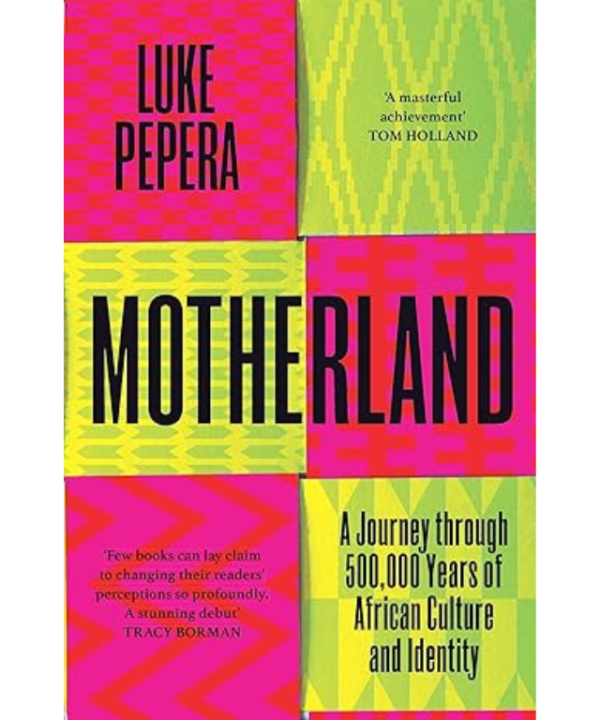 Motherland: A Journey through 500,000 Years of African Culture and Identity
1 × ₦19,000.00
Motherland: A Journey through 500,000 Years of African Culture and Identity
1 × ₦19,000.00 -
×
 Bank of Deposits
1 × ₦2,000.00
Bank of Deposits
1 × ₦2,000.00 -
×
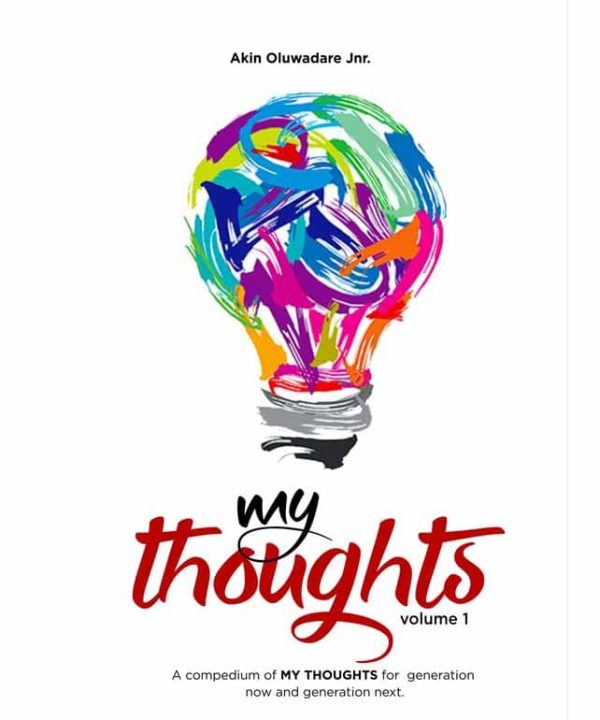 My Thoughts
1 × ₦5,000.00
My Thoughts
1 × ₦5,000.00 -
×
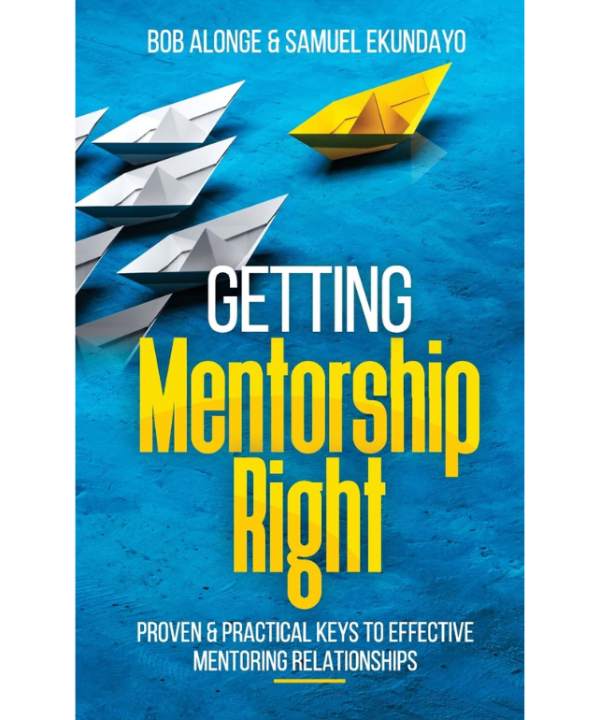 Getting Mentorship Right
1 × ₦5,000.00
Getting Mentorship Right
1 × ₦5,000.00 -
×
 First Day at the Big School
1 × ₦3,000.00
First Day at the Big School
1 × ₦3,000.00 -
×
 What's Next
1 × ₦2,500.00
What's Next
1 × ₦2,500.00 -
×
 Antonyms of Mirage
2 × ₦1,200.00
Antonyms of Mirage
2 × ₦1,200.00 -
×
 Purple Hibiscus
1 × ₦5,000.00
Purple Hibiscus
1 × ₦5,000.00 -
×
 Becoming a Spectacular Woman
1 × ₦2,500.00
Becoming a Spectacular Woman
1 × ₦2,500.00 -
×
 Ten Myths About Israel
1 × ₦19,000.00
Ten Myths About Israel
1 × ₦19,000.00 -
×
 Life Force
1 × ₦23,000.00
Life Force
1 × ₦23,000.00 -
×
 Testimony To Courage
1 × ₦6,500.00
Testimony To Courage
1 × ₦6,500.00 -
×
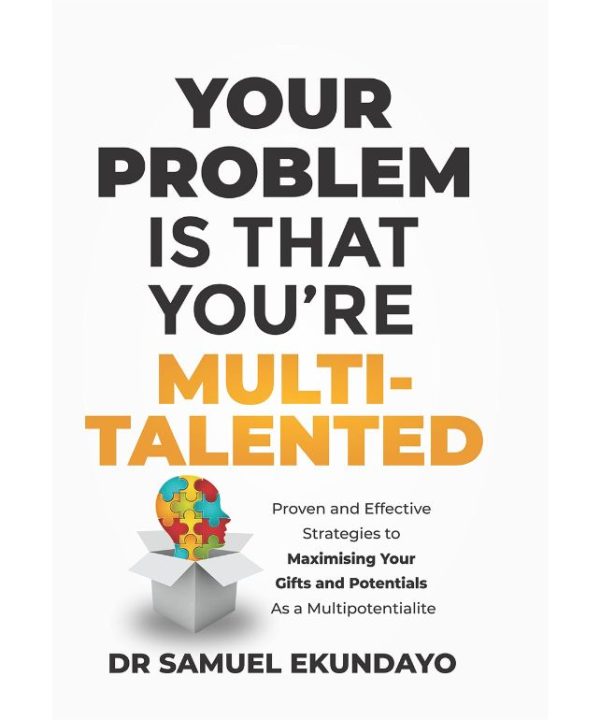 Your Problem is That You're Multi-talented
1 × ₦5,000.00
Your Problem is That You're Multi-talented
1 × ₦5,000.00 -
×
 The parrot in my head
1 × ₦2,000.00
The parrot in my head
1 × ₦2,000.00 -
×
 Fun Day at the Museum
1 × ₦3,000.00
Fun Day at the Museum
1 × ₦3,000.00 -
×
 The Endless Country: A Personal Journey Through Turkey's First Hundred Years
1 × ₦30,000.00
The Endless Country: A Personal Journey Through Turkey's First Hundred Years
1 × ₦30,000.00 -
×
 The House Divided: Sunni, Shia and the Making of the Middle East (Hardback)
1 × ₦28,000.00
The House Divided: Sunni, Shia and the Making of the Middle East (Hardback)
1 × ₦28,000.00 -
×
 Trump: The Art of the Deal
1 × ₦22,500.00
Trump: The Art of the Deal
1 × ₦22,500.00 -
×
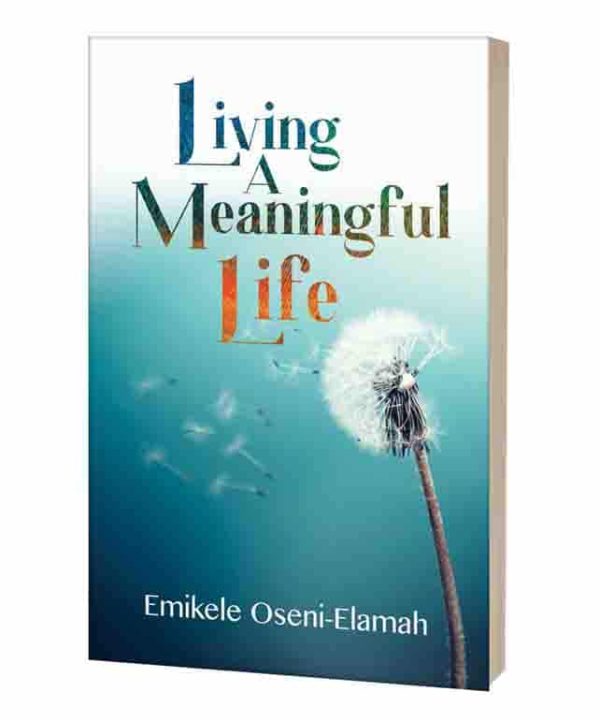 Living A Meaningful Life
1 × ₦2,750.00
Living A Meaningful Life
1 × ₦2,750.00
You may be interested in…
-
Add
 Purpose in Crisis
Rated 5 out of 5₦5,000.00
Purpose in Crisis
Rated 5 out of 5₦5,000.00





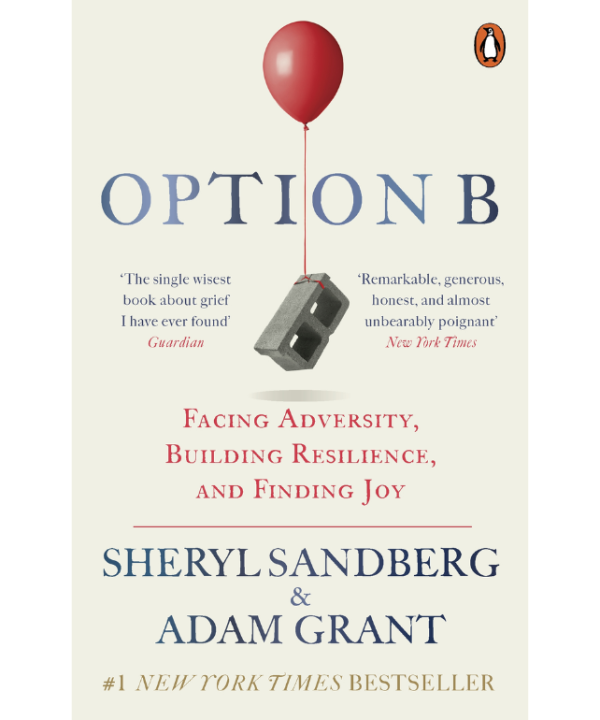



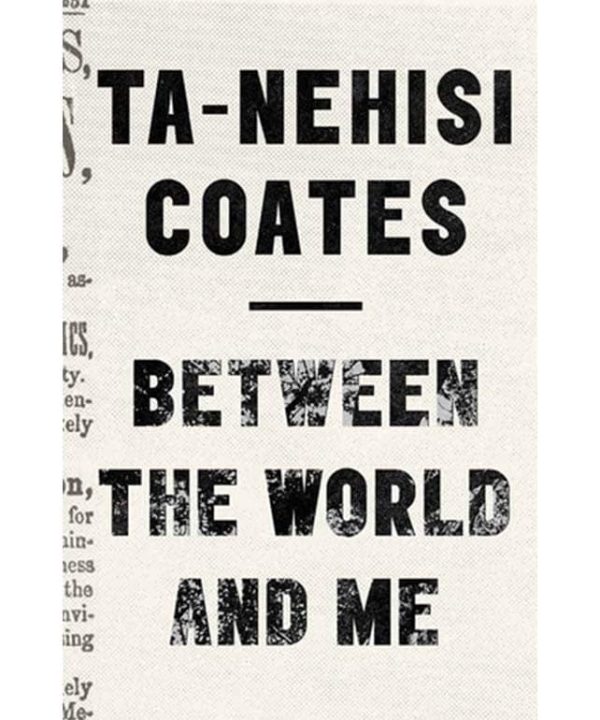
Reviews
There are no reviews yet.